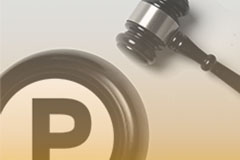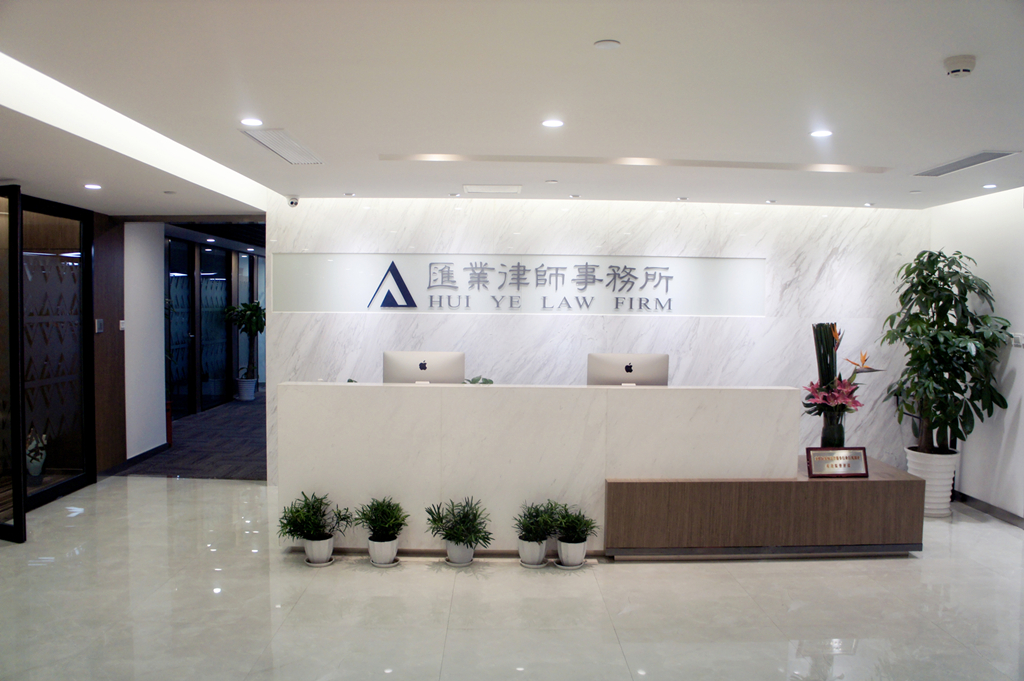The copyright lawsuit filed by major book publishers against the Internet Archive seeks to define the boundaries of digital book lending. The two sides recently shared their positions in federal District Court in New York. The Internet Archive claims that its digital library is protected by fair use, No harm will be done to the right holder. however, As far as book publishers are concerned, What they see is massive infringement and damage.
2020 years, The publisher, Hatchett (Hachette) , HarperCollins (Harper Collins) , John.Wiley (John Wiley) And Penguin Random House (Penguin Random House) Suing the Internet Archive for copyright infringement, And change it "Open library" Equivalent to pirate sites.
The Internet Archive's library is a non-profit organization, It scans physical books, It is then lent to readers as an e-book.
Stay true to the centuries-old concept of the library, The library only allows one reader to get a copy at a time. Those restrictions were temporarily eased at the height of the pandemic, That's when the Internet Archive launched the National Emergency Library.
Mass copyright infringement or fair use
Publishers see the Internet Archive's library as "Rogue operation" , Is willful copyright infringement on a massive scale, It directly undermines their bottom line. therefore, They want the library to be closed down permanently.
They wrote in the complaint: "Without obtaining any permission or paying any fees to the author or publisher, The Internet Archive scanned printed books, Upload digital copies of these illegal scans to its servers, And distribute full digital copies of these books through a public-facing website. "
Publishers do not object to the existence of libraries per se, Nor is it against e-book lending. When lending out digital content, "Be licensed to" The library usually obtains a license or negotiates specific terms. The Internet Archive has no such permission.
The Internet Archive completely disputes these allegations of copyright infringement. It stresses that its libraries provide a vital service, Its defense focuses primarily on the legal concept of fair use.
The archive says, Make digital copies of physical books "convert" Original work, Lend to one reader at a time. And the agency believes it will meet the criteria for fair use, Especially since libraries have no profit motive.
Another argument in favor of fair use, This has brought many benefits to the general public. There is also no evidence that book publishers' sales or traditional licensing revenues have been affected.
New York court hearing
For the last two and a half years, The two sides fought many battles in court, Squabble over each other's arguments. That ultimately led to a very different motion for summary judgment, Both sides hope the court will rule in their favor before the trial.
3 month 21 day, The Internet Archive and the book publishers were given a chance to support their positions at a hearing in federal District Court in New York. Both sides presented their cases, And before Judge John.Colter (John Koeltl) The inquiry of.
Elizabeth, the lawyer for the book publisher.McNamara (Elizabeth McNamara) Point out, The Internet Archive strives to make all knowledge freely available, But it doesn't want to compensate copyright owners for their work.
British technology media The Register She was quoted: "The Internet Archive doesn't want to pay authors or publishers to make this grand plan a reality, They think they can be exempted from paying the prescribed fee, Because what they're doing is in the public interest. "
The publisher's lawyer added, The Internet Archive's lending platform directly harms authors and book publishers, But Judge Colter did not see any direct evidence of damage. Joseph, a lawyer at the Internet Archive.Graz (Joseph Gratz) expression, Evidence of damage does not exist.
Just like the famous American technology blog media Ars Technica Quote from Graz: "There is no evidence that the publisher has lost a penny. "
Unauthorized reproduction
Applicable to these cases 4 Factor fair use testing is not simple, But a Reuters report highlights some interesting comments from Colter.
Colter stressed, Libraries have every right to lend books in their possession, But in this case, The Internet Archive goes one step further, Digital copies were made, A copy of the original.
Colter said: "You sidestep the question of whether a library has the right to make copies of books it has the right to own in other ways, That's the heart of the case. " He also pointed out, "The publisher has the right to control the reproduction. "
Lawyers for the Internet Archive responded, In the present case, The replica played a role "convertibility" effect, While adding that, Each fair use case deals with copies or reproductions by definition.
Battle of the Libraries
These are just a few of the legal arguments being discussed. Although in essence, This is a copyright dispute subject to existing law and precedent, But it would be a model for a much bigger problem.
Publishers don't just have to deal with the Internet Archive. A massive public movement has been formed. This includes "Fight for the future" the "Battle of the Libraries" movement, The movement argued that book publishers acted maliciously "Caretaker" , Hindering the free flow of information, And weaken the library's ability to serve readers.
The common complaint is, Book publishers want to control and limit digital access to books through relatively expensive licensing agreements. This is usually done for commercial purposes, But it can also be used to censor content and restrict access when they see fit.
This issue has also caused Creative Commons (Creative Commons) Founder of, Harvard law professor Lawrence.Lessig (Lawrence Lessig) Concern of, He described it as a pivotal moment in cultural history.
Lessig pointed out: "The lawsuits facing the Internet Archive will determine whether culture's business model is just that, Or whether libraries will continue to have a place. "
Lawmakers have also taken an interest in the debate. A few months ago, United States Senator RON.Wyden (Ron Wyden) And Congresswoman Anna.Eshu (Anna Eshoo) Write to major publishers, Ask them what they think about restrictive lending terms for e-books.
They wrote in the letter: "Many libraries face financial and practical challenges in making e-books available to patrons, This jeopardizes their ability to fulfil their mandate. "
"Here's our understanding, These difficulties arise, E-books are often offered under more expensive and limited licensing agreements, This with libraries can usually be purchased on their own terms, There is a difference between owning and loaning printed books. "
These comments suggest that, This could be more than just another copyright lawsuit. Whatever the immediate outcome of the pending motions and the trial will be, The case could go all the way to the Supreme Court. (Be compiled from torrentfreak. com)
TRANSLATORS: Wang Dan proofread: Rason group
disclaimer: This network reprint or compile the original articles are from the network, Does not represent the views of this website or confirm the authenticity of its content. If the source is mislabeled or the copyright of the article is involved, Please contact us, This website will be corrected in due course, delete, thank you.

Patent infringement rights protection








